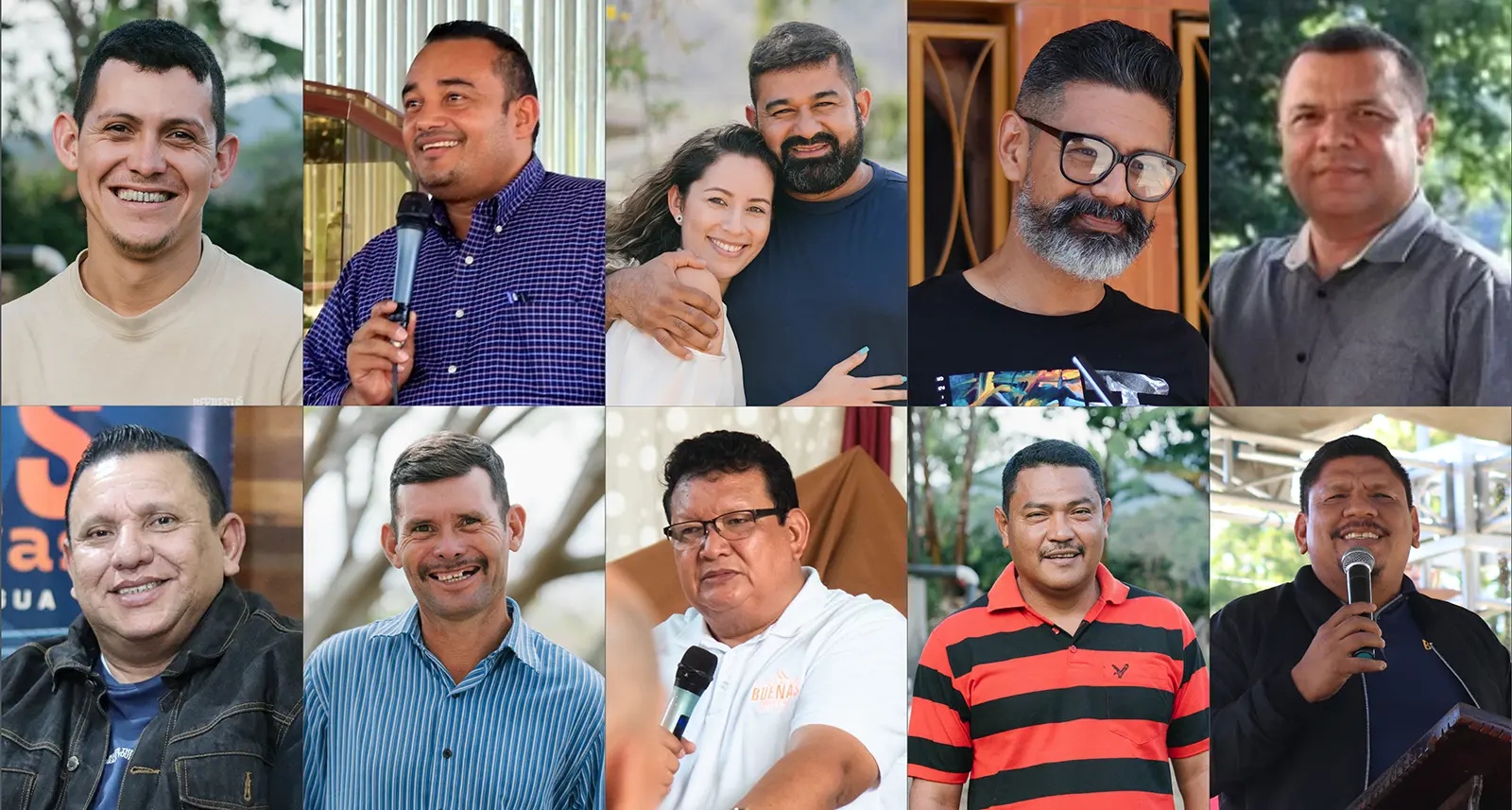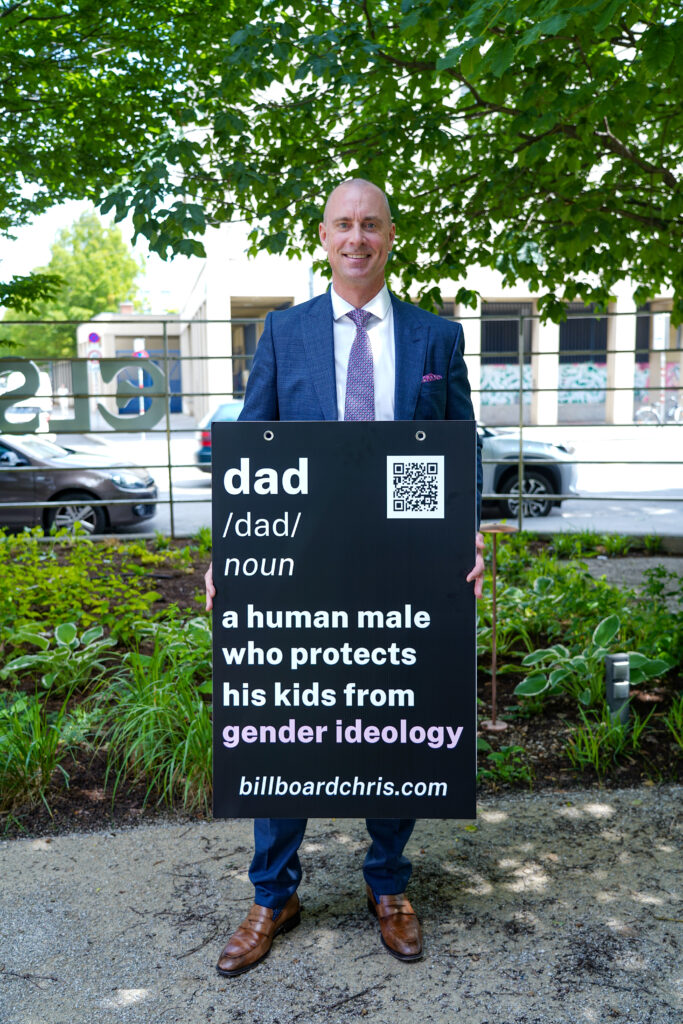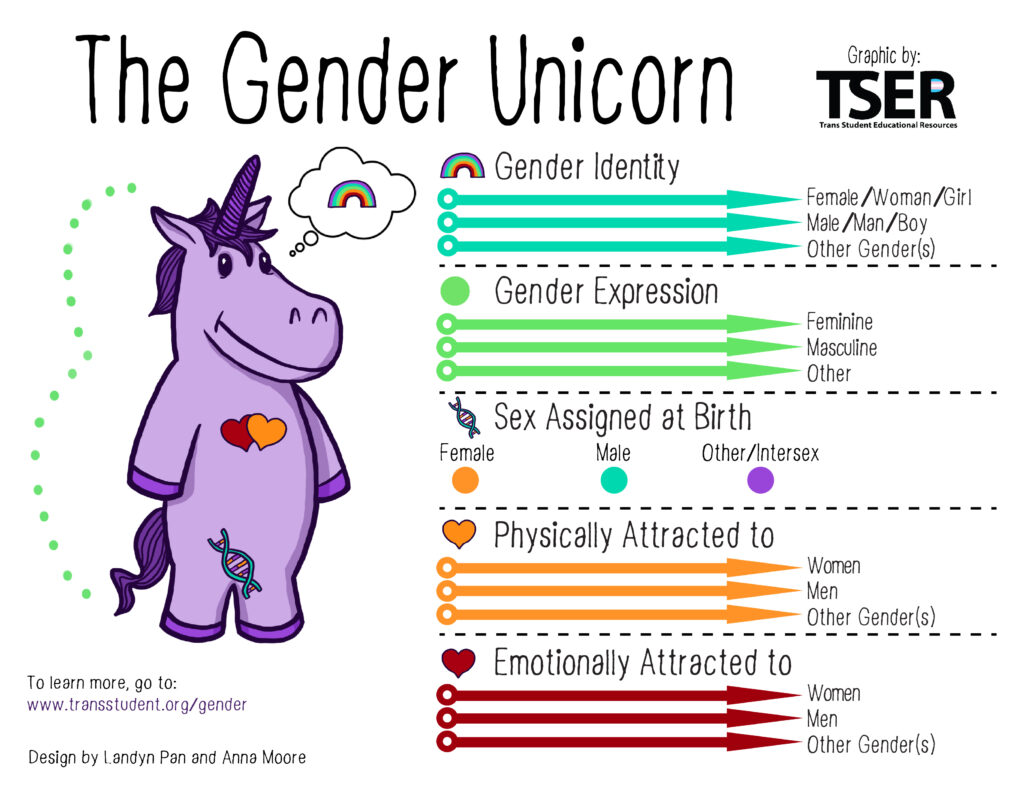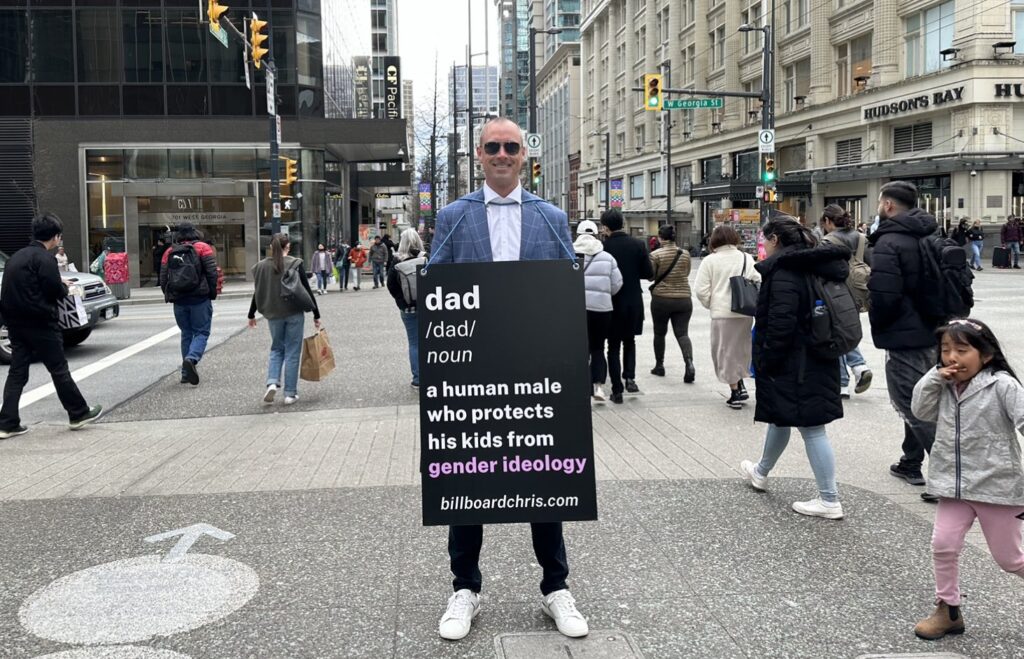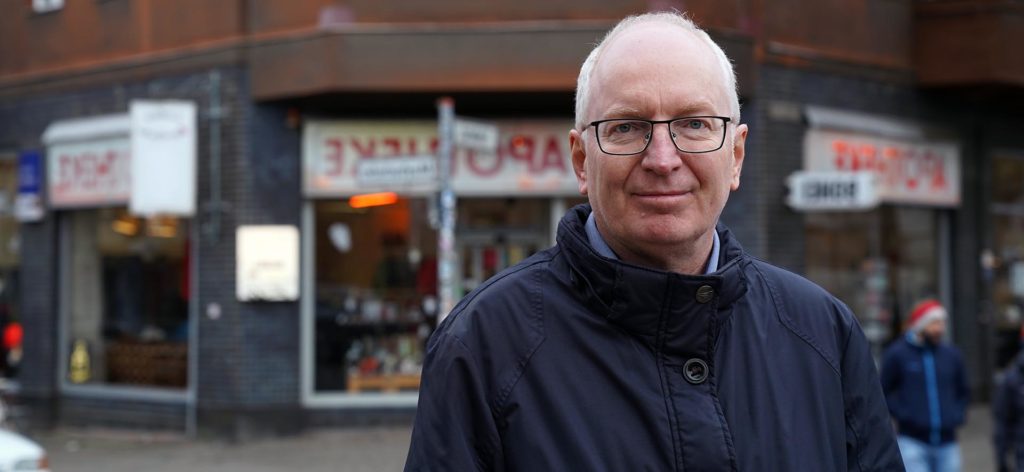- Public figures worldwide comment on the “terrifying” case of the teenage girl in Geneva separated from parents simply for seeking to protect her from gender ideology
- Father: “The story is truly a nightmare. Swiss authorities have taken our child, our daughter, who’s 16 years old.”
- ADF International is supporting the parents in seeking justice in court – support the parents here

GENEVA (12 July 2024) – Elon Musk has weighed in after a teenage girl was separated from her parents by Swiss authorities, because her parents refused her puberty blockers. The girl has been housed in a government shelter for over a year.
“This is insane,” commented the owner of “X” and Tesla CEO, adding, “This suicidal mind virus is spreading throughout Western Civilization”.
The case, currently unfolding in Swiss courts, centres on parents who responded to the mental health struggles of their daughter, who expressed “gender confusion,” with care and support, including obtaining mental health care.
Concerned that their daughter was being pushed to make hasty and potentially irreversible decisions, they declined “puberty blockers” and explicitly rejected her school’s attempt to “socially transition” her. The school disregarded the parents’ explicit instruction.
The school and the state child welfare agency, Service de Protection des Mineurs (SPMI), then brought a case against them in court.
“And that has meant for us many sleepless nights, a lot of deep pain, and a sense of hopelessness,” the father said.
“This is insane - This suicidal mind virus is spreading throughout Western Civilization"
- Elon Musk
For seeking to protect the health and wellbeing of their daughter, they now face a legal stand-off over their fundamental rights as parents to care for their child who, residing in a government shelter, is being encouraged to pursue dangerous medical interventions to “transition.”
Also commenting on the case, parental rights campaigner Billboard Chris said: “No child has ever been born in the “wrong body”. As parents, we have the duty to guide and protect our children as they navigate puberty – steering them away from harmful ideologies, and empowering them to feel confident in their own skin.”
Billboard Chris also asked: “Where are the Swiss politicians condemning this child abuse and violation of parents’ rights?”
«Their child has been taken away simply for trying to protect her from harm.»
Dr. Felix Boellmann, lead lawyer on the case for ADF International, said: “Children who experience discomfort with their biological sex deserve to be treated with dignity and need compassionate mental health care, which these parents have gone to great lengths to provide.
“As a result, they are now living every parent’s worst nightmare. Their child has been taken away from them simply for trying to protect her from harm.
Amy Gallagher, the mental health nurse who is suing the UK Tavistock and Portman NHS Foundation Trust, said: “This case is terrifying. These parents have had their child taken from them by a State that is captured by gender ideology. I trust in faith and hope that the parents, with support from ADF International, will convince the legal authorities in Switzerland that this is not the path to take and the child is united with her parents swiftly. The Swiss authorities should take in to account the outcomes of the Cass Report and the increasing view that affirmation of transgenderism is dangerous.”
Kellie-Jay Keen: «global push to destroy families and access our children.»
Women’s rights campaigner Kellie-Jay Keen sees “a global push to destroy families and access our children. The erasure of female language, particularly around motherhood is part of this. Mothers are the protectors of children, fathers are the protectors of families. The state does not know or love our children better than parents.
“Similar stories of state kidnap of children who have parents who recognise the harm of the quasi-religious authoritarian cult of trans have been reported in Canada, USA, Australia and I suspect many have gone unreported elsewhere.
“I have been raising the alarm for some time about this overreach. One must ask who is pushing this and why they might be doing it. Nothing I’ve come up with is anything other than malevolent.
“Parents must not sleepwalk into surrendering our most important duty, protecting our children. Trust your instincts and talk to your children.
«In the UK, many schools refuse to use “son”, “daughter”, “child” or “children”, and prefer to use “your young person”. We must fight this creep of erasing both the relation to our children and the fact they’re children.”
More reactions, quotes and full background can be found here. To support the case and the parents click here.



